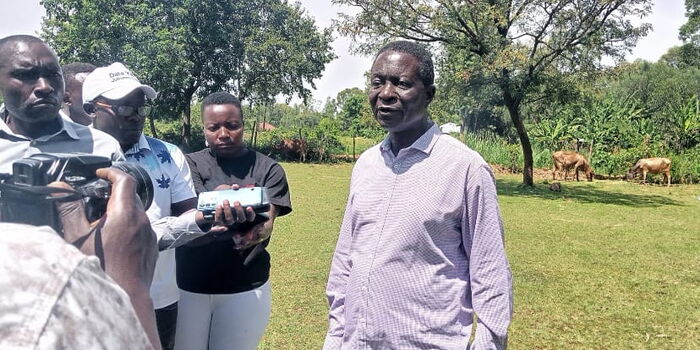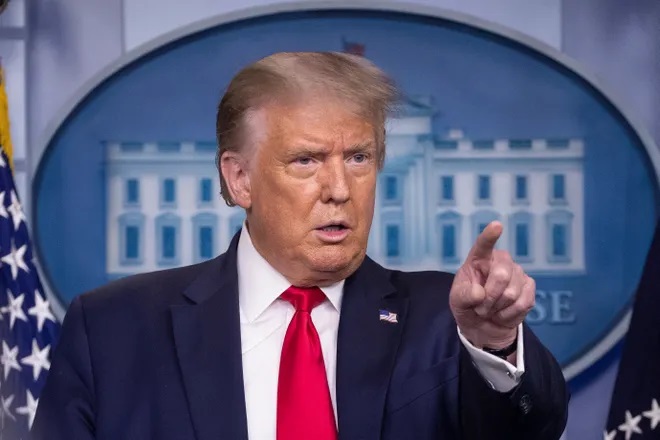Preparations for the Papal Conclave

As the Catholic Church approaches a new chapter, cardinals are gathering in Rome to deliberate on crucial challenges that will define the faith's future. These range from technological advancements to the global climate crisis, demanding strong leadership from the next Pope. Discussions are centered on Pope Francis's legacy and the priorities guiding the selection of his successor.
Two Roman Catholic cardinals shared insights with ABC News regarding the Church’s challenges and the papal election process. Cardinal Michael Czerny of Canada, appointed by Pope Francis in 2019, emphasized the unity among clergymen as they prepare for the election, clarifying that their discussions are spiritual reflections rather than political negotiations. “We are entering spiritually, prayerfully, having listened to one another as deeply as we can,” Czerny stated, stressing the importance of selecting a leader equipped to address contemporary issues such as artificial intelligence, global conflicts, and climate change.
Haitian Cardinal Chibly Langlois, appointed in 2014, also highlighted technology, interreligious dialogue, outreach to young people and isolated communities, and the addressing of sex abuse scandals within the Church as key concerns. “If we try to understand what awaits the next pope, inside and outside the church, that will help guide the decision,” Langlois remarked.
Both cardinals acknowledged Pope Francis’s efforts to foster a more inclusive church, particularly among younger generations. Czerny noted, “Inclusivity is another word for Catholic. Pope Francis has been very good at opening doors to make people feel welcome.” Langlois added that Pope Francis’s dedication to transparency in governance would significantly shape the Church’s future.
The papal conclave commenced on Wednesday, May 7, involving 133 cardinals—the largest number of electors ever—with 108 appointed by Pope Francis, including ten from the United States. Czerny advised approaching the process with hope rather than anxiety. “Right now, it’s a feeling of emptiness, an empty time. But there’s no reason for anxiety. Pray and be hopeful,” he stated. Cardinals are ensuring the selection aligns with the evolving needs of the church and its followers.
The Vatican announced that all 133 Catholic cardinals who will vote to choose Pope Francis’s successor have arrived in Rome. They will convene in secret in the Sistine Chapel, beginning at 4:30 pm (1430 GMT) on Wednesday, voting until one choice secures a two-thirds majority. The conclave begins with a special Mass in St. Peter’s Basilica on Wednesday morning, followed by the cardinals' formal procession into the Sistine Chapel, where they will start voting. They are expected to take one vote on Wednesday afternoon, with subsequent days having two votes each morning and afternoon. According to conclave regulations, if no one is chosen after three days, the cardinals will take a day-long “pause of prayer” before continuing.
The only signal to the outside world will come from a chimney above the chapel. Ballots will be burned, with a chemical product added to create either black smoke for an inconclusive vote or white smoke when a new pope is elected.
133 cardinals, with an average age of 70 and mostly chosen by Pope Francis, are set to vote for his successor. While many are from Europe, particularly Italy, their numbers are reduced this time as Francis appointed more cardinals from the Catholic world's











